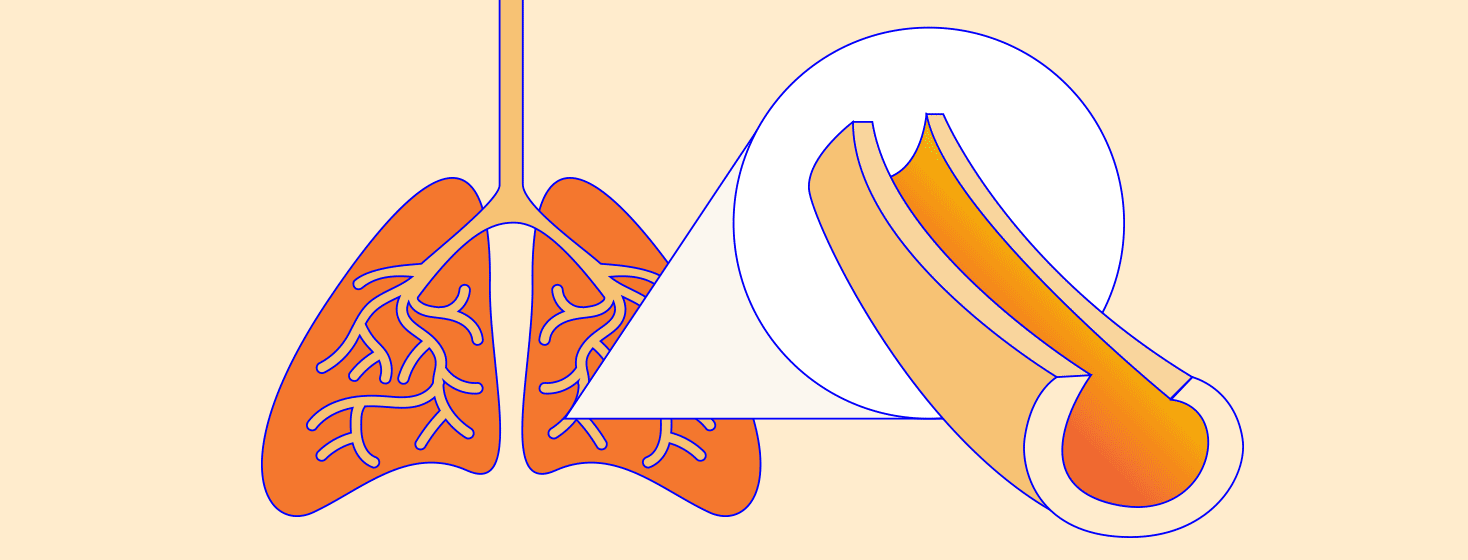Over-the-Counter Mucus Secretion Drugs: Do They Really Work?
As a pharmacist, I am often asked whether over-the-counter mucus secretion drugs are beneficial for people with COPD. Some people with COPD produce significant amounts of thick mucus, causing difficulties breathing. The most popular mucus-relieving drug on the market is guaifenesin, also known as Mucinex, Altarussin, and Tussin, among others.
These products are found over-the-counter, meaning that a prescription from a doctor is not required. Although these agents claim to aid with the removal of mucus from the airways, just how well do they really work?
What is guaifenesin?
Guaifenesin is in a category of drugs referred to as expectorants. Expectorants work through a number of mechanisms to help reduce mucus, such as:1
- Reducing the thickness of mucus in the respiratory tract
- Increasing the clearance of the mucus
- Improving hydration of the respiratory tract
Guaifenesin is typically combined with other cough and cold products, such as cough suppressants. It is sold as a single ingredient as well.
Role of expectorants in COPD
Conflicting evidence
Although theoretically, based on the mechanism of action, guaifenesin should help with COPD symptoms, there is conflicting evidence that it actually does. Overall, there is limited evidence that oral expectorants help improve lung function in people with COPD.2
Generally not recommended
In one study, it was found that guaifenesin demonstrated some improvement in clearing mucus, but did not help reduce cough, improve lung function, or improve well-being overall.3 For these reasons, oral expectorants are generally not routinely recommended for people with COPD. While expectorants don't appear to worsen COPD symptoms, they don't necessarily improve symptoms either.
An improvement in symptoms
On the other hand, some people with COPD do claim that expectorants help with their symptoms. For example, one case study followed a patient with COPD who was prescribed a daily dose of guaifenesin. After two months, the patient started noticing an improvement in symptoms. He was able to breathe easier, clear more mucus, and had better endurance overall. Furthermore, he had fewer exacerbations and hospitalizations.4
Should I take an oral expectorant?
If you are suffering from chronic cough and shortness of breath due to COPD, it may be tempting to pick up an oral expectorant from your local drugstore. Before doing so, I recommend that you seek your doctor’s input.
How do I take guaifenesin?
If you have been given the green light by your doctor to try guaifenesin, the following tips may be helpful:1
- Ensure you are hydrated: guaifenesin works best when you are properly hydrated. Take the drug with a full glass of water.
- If you are taking the granules, empty the contents onto your tongue and swallow whole.
- The extended-release (ER) tablets should not be chewed, crushed, or broken.
- The most common side effects include nausea, vomiting, skin rash, headache, dizziness, and drowsiness.
- The maximum daily dose is 2.4 grams.

Join the conversation